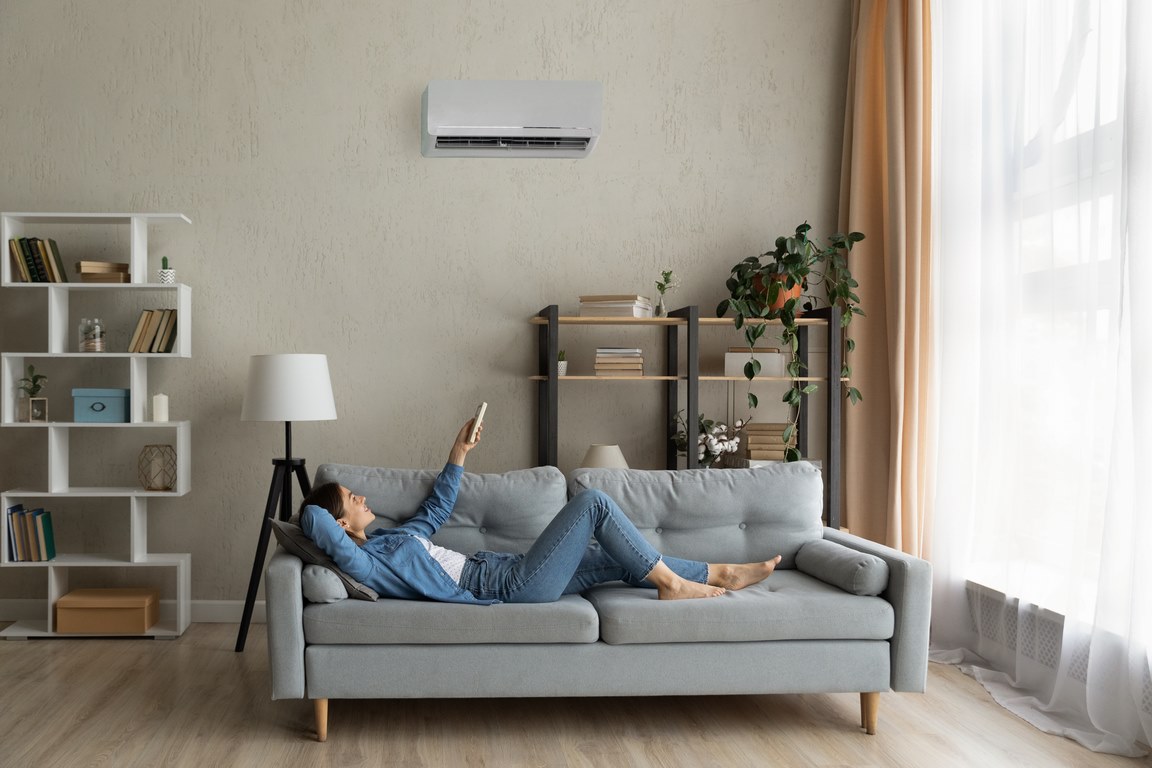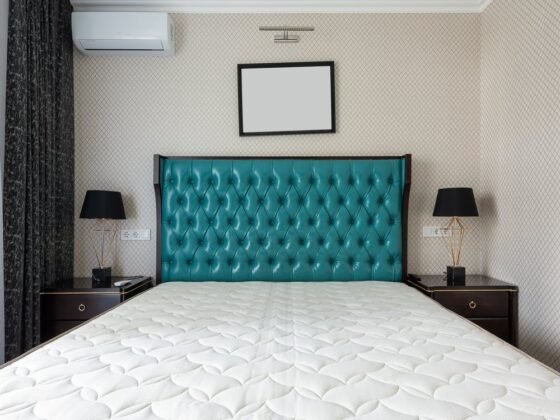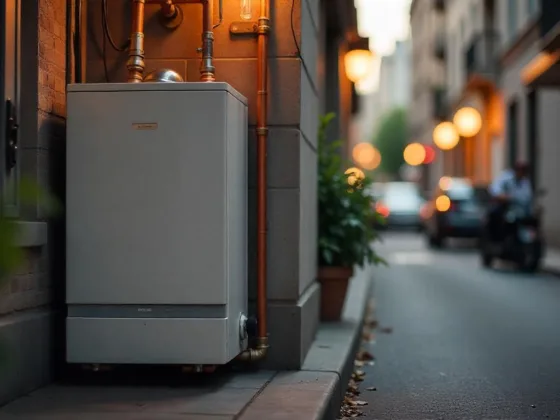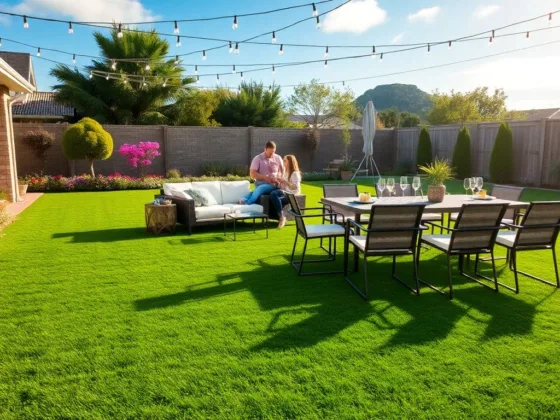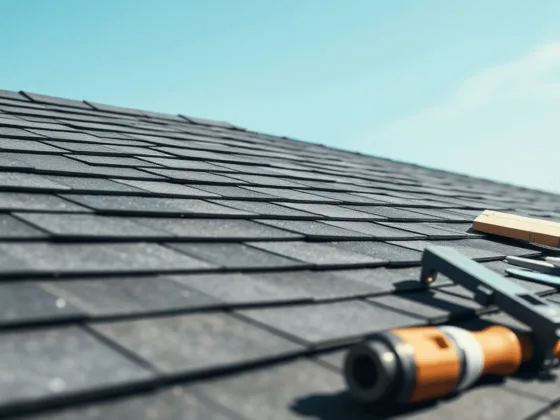Table of Contents Show
With summer right around the corner, finding ways to keep yourself and your home cool will be needed. This way, you can remain comfortable and free from any health problems related to high temperatures throughout the season.
But it’s essential to act fast so that you can be prepared for the heatwave even before it rolls in.
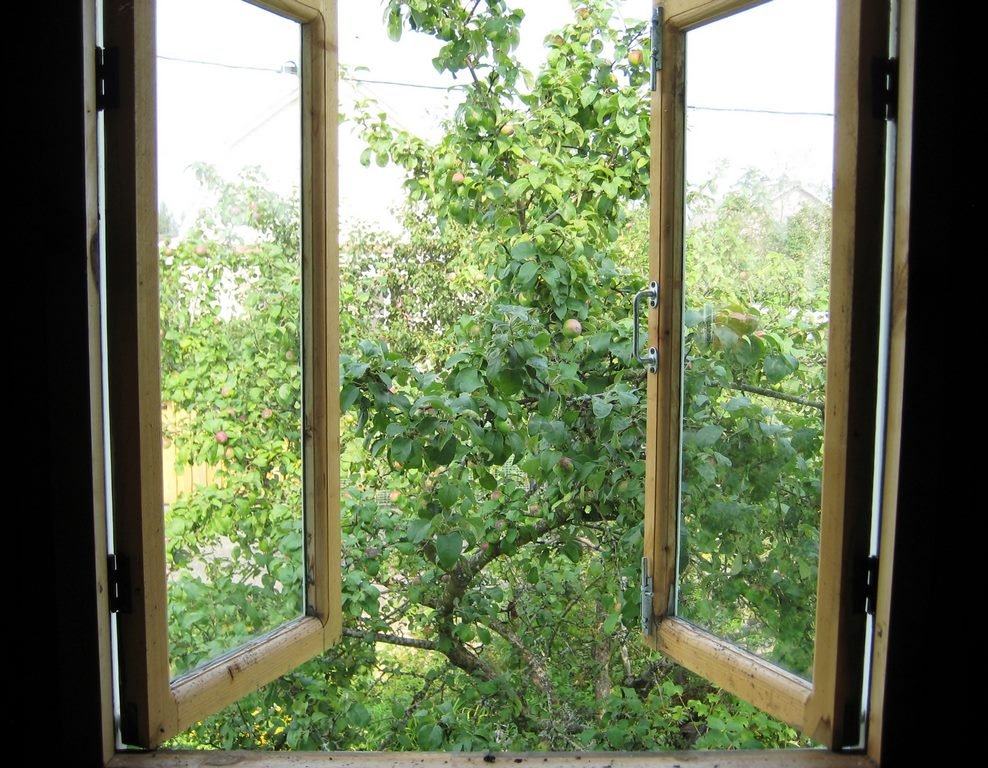
Staying indoors is a great way for anyone to protect themselves from the scorching heat. But even your home can get quite hot and uncomfortable, too. For that reason, you might want to spend time insulating it with High Quality Glasswool and installing air conditioning.
But there are also other ways to deal with the heat and to cool down the entire home. If you’re interested in some viable methods, read on.
1. Install, Check, or Repair Insulation
It was already mentioned above that you need to make sure that your home is well insulated. With insulation, your home can resist heat better. It also slows down heat transfer from room to room.
This slowed-down heat transfer can also keep heat from the outside from easily increasing the temperature inside the home.
2. Get Air Conditioning
The next thing to do is to install air conditioning because it’s a quick and easy way to maintain a room at a specific temperature. However, your electric bill can take a hit from using air conditioning too much. And it might be necessary to look for ways to save money on the cooling costs.
But despite the expenses, there are benefits to using air conditioning. Aside from maintaining temperature, it also helps keep moisture levels and improve the quality of air by filtering and purifying it.
Read Also:
3. Turn on A Fan
For a quick fix, turning on a fan will be helpful. It’s not as effective as using air conditioning, but it does help with air circulation and directly keeps the person cool. At night, you could point the back of the fan to an open window so the cold night air can spread into your home.
Also, instead of keeping the fan facing toward a single direction, it’s better to allow the fan head to swing from side to side. This way air can be spread throughout the room, and not just in a single spot.
4. Purchase Blackout Curtains
During summer, sunlight can feel hotter than usual, and this can be a problem in your home. Usually, large windows are great for bringing in natural light and air circulation. However, if the blistering sun directly shines through it, it can cause your home’s temperature to rise.
To avoid this, hanging up blackout curtains can help keep the sunlight out. While blinds and regular curtains could help, blackout curtains are more effective in keeping the sun’s rays out.
5. Install Awnings or Shutters for Windows
Keeping the sunlight out can also be done from the outside, by installing shutters or awnings. However, unlike curtains, shutters and windows aren’t only effective for sunlight.
It’s also great for protecting windows from rain, strong winds, and debris. So, if you find that you live in a place with extreme weather conditions, awnings or shutters might be something that’s worth installing.
6. Insulate Windows
Another step that you can take to keep the heat of the sun outside, is to insulate windows. That’s right, insulation isn’t only limited to walls and the roof.
But unlike the usual insulation that you can find inside your walls, window insulation looks more like a clear film that you can stick on the windows.
Two types of window film insulation include convection and solar control film. Convection control film can help bring down heat conduction.
On the other hand, solar control film is great for controlling solar radiation, absorbing UV light, and reflecting infrared light.
Either choice is effective for heat management in a home, but if you’re not sure which is better, it’s best to ask questions at the hardware store, or home improvement service providers.
7. Avoid Activities That Can Heat Up Your Home
Keeping your home cool will be difficult to do if you tend to do activities that can heat up your home. For example, some cooking habits of using warming appliances should be avoided to help prevent increasing your home’s temperature.
Another common habit that can hinder cooling your home is leaving your doors open when you’re using air conditioning. For instance, if you’re cooling your bedroom with air conditioning, avoid opening the doors to help regulate the temperature.
Conclusion
Summer heat can be intolerable if your home isn’t prepared for it. This can be dangerous because extreme heat can affect the temperature inside your home and can possibly cause illnesses.
This is why before the season changes, ensuring insulation and using appliances like air conditioning and a fan will be needed to lower the heat and make your home more tolerable.
